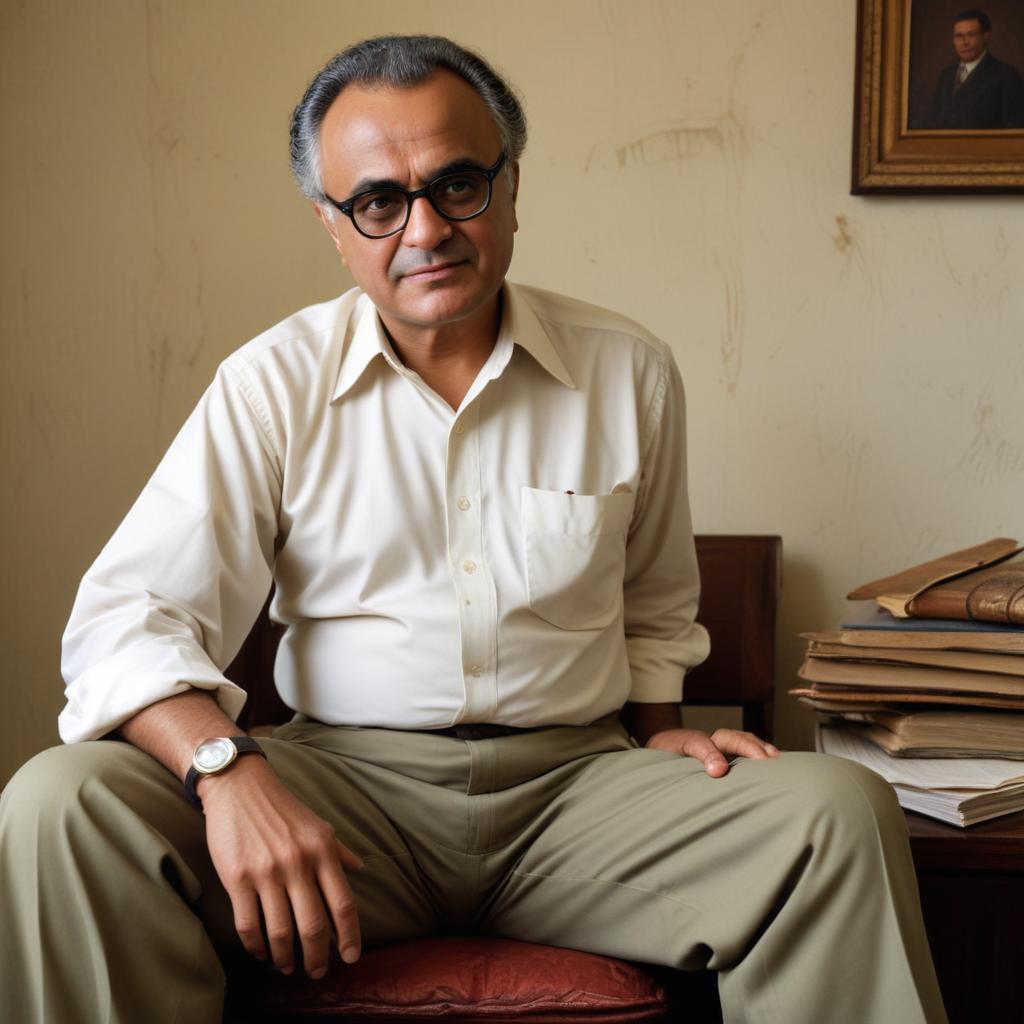Mahmood Mamdani, a renowned scholar expelled from Uganda by Idi Amin, reflects on identity, belonging, and post-colonial politics in his new book 'Slow Poison,' which critically examines Amin and Museveni. His scholarship, shaped by his personal history, resonates deeply as his son, Zohran Mamdani, achieves political success in New York City by championing universalist values.
Mahmood Mamdani, a distinguished professor of anthropology at Columbia University, recounts his personal and intellectual journey, beginning with his expulsion from Uganda in 1972 under Idi Amin's regime. This formative experience, detailed in his new book 'Slow Poison: Idi Amin, Yoweri Museveni, and the Making of the Ugandan State,' ignited his lifelong scholarly inquiry into questions of belonging, identity, and the colonial categories that continue to shape postcolonial politics. Mamdani's book offers a critical re-evaluation of Idi Amin and Yoweri Museveni, two figures who have defined Uganda since its independence. He challenges the Western portrayal of Amin as a mere brutal dictator, arguing that Amin, initially supported by the UK and Israel, gained significant popular support in Uganda by expelling Asians and fostering a shared Black identity through racial nationalism. Mamdani reveals Amin's complex character, including his early brutalities advised by the British and Israelis, and his later shift away from Western influence. Conversely, Mamdani critiques Museveni, who took power in 1986 and remains in control, despite his regime's increasing authoritarianism, corruption, and human rights violations. Mamdani argues that Museveni, unlike Amin, became a 'Washington poster boy' due to his alignment with neoliberal Western demands and support for the US 'war on terror.' Mamdani's central concern with Museveni's rule is the 'slow poison' of fragmenting the Ugandan populace into ever smaller tribal divisions, using notions of 'Indigeneity' to strip 'non-native' Ugandans of land rights and political office. He sees this as a continuation of colonial 'divide and rule' tactics, contrasting it with Amin's earlier efforts to unite ethnic groups. Mamdani's scholarship consistently interrogates the concept of 'Indigeneity,' viewing it as a colonial construct that creates artificial divisions and undermines universal rights. He champions a politics that reconciles cultural identity with political belonging, where a shared future can be built by people of diverse pasts within the same political community, deserving equal rights. This philosophy is powerfully echoed in the political success of his son, Zohran Mamdani, who won a mayoral election in New York City by openly embracing his identity as an African, Muslim, and person of South Asian descent, while advocating for universalist values. Mamdani draws parallels between the identity policing he experienced as an Asian in Uganda and the challenges his son faced in the US, criticizing the 'scandalous' resurrection of 'Indigenous' versus 'non-Indigenous' divisions by some media. He reflects on his own political awakening in the US during the civil rights and anti-Vietnam War movements, which instilled in him an anti-racist orientation. Mamdani acknowledges resonances between the 1972 Asian expulsion in Uganda and contemporary calls for mass deportations in the US, but expresses optimism about a 'counterthrust' beginning in places like New York City. He also discusses the concept of federation as a way to base political belonging on residence rather than origin, and critiques the corporatization of universities like Columbia. Regarding his son's political career, Mamdani emphasizes maintaining an 'arm's length' relationship while remaining available for discussion, recognizing the corrupting influence power can have on intellectuals. His book, he notes, evolved to include his personal narrative, compelling him to understand the difference between objective claims and the insights gained from a particular vantage point.



